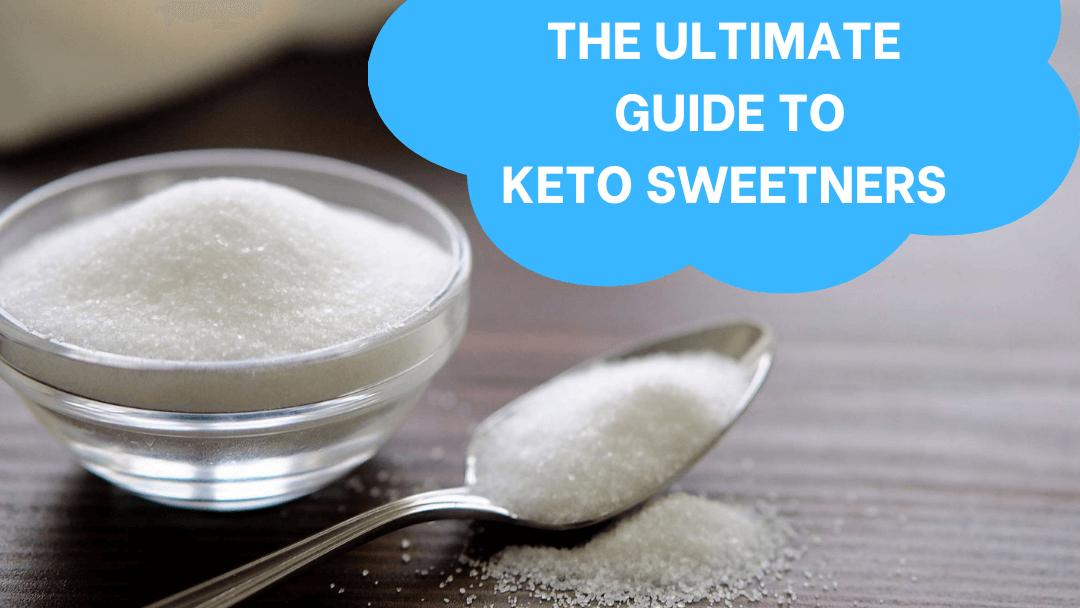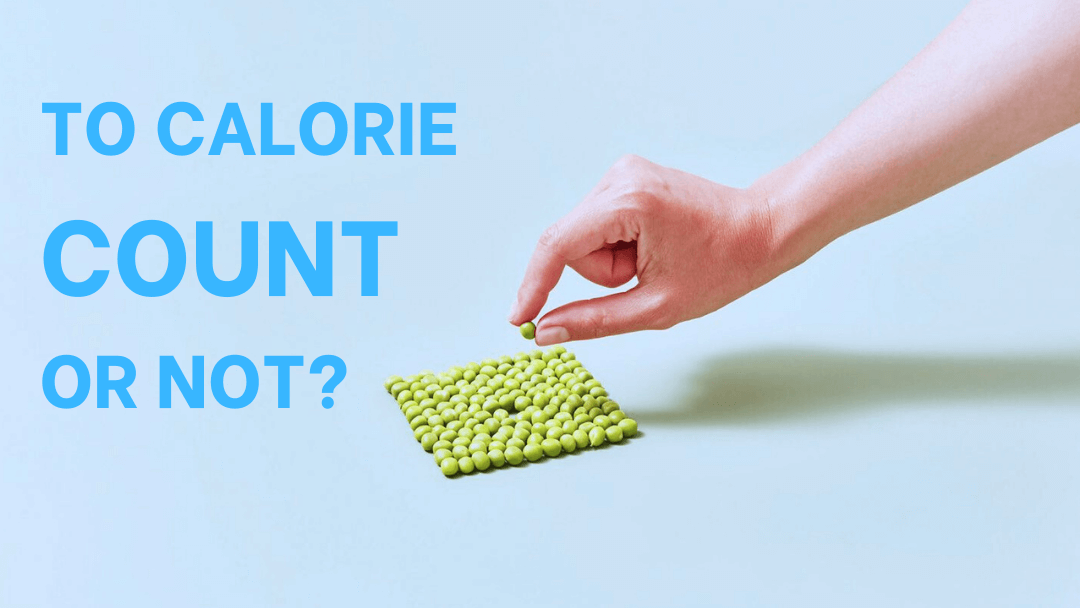In the quest for a healthier lifestyle, many people are turning to low-carb diets to manage their weight and improve their overall well-being. One significant aspect of a low-carb lifestyle is the choice of sweeteners. With a variety of options available, it can be overwhelming to navigate the world of low-carb sweeteners. In this comprehensive guide, we will explore everything you need to know about these sugar alternatives.
Understanding Low-Carb Sweeteners
Low-carb sweeteners are sugar substitutes that contain fewer carbohydrates than traditional sugars. They are often used by individuals following low-carb or ketogenic diets to reduce their overall carbohydrate intake. These sweeteners come in various forms, including natural and artificial options.
Natural Low-Carb Sweeteners
- Stevia: Derived from the leaves of the Stevia rebaudiana plant, stevia is a natural sweetener with zero calories and a minimal impact on blood sugar levels. It is significantly sweeter than sugar, so only a small amount is needed.
- Monk Fruit: Extracted from the monk fruit, this sweetener is both natural and calorie-free. It has gained popularity for its sweetness without causing spikes in blood sugar levels.
- Erythritol: A sugar alcohol that occurs naturally in some fruits, erythritol has a sweetness similar to sugar but with fewer calories. It is well-tolerated by most people and does not cause digestive issues.
Artificial Low-Carb Sweeteners
- Sucralose: Known by its brand name Splenda, sucralose is a chlorinated derivative of sucrose. It is heat-stable, making it suitable for baking, and has no impact on blood sugar levels.
- Aspartame: Commonly used in diet sodas, aspartame is a low-calorie sweetener that is about 200 times sweeter than sugar. It is not suitable for cooking or baking at high temperatures.
- Saccharin: One of the oldest artificial sweeteners, saccharin is stable under heat and can be used in cooking and baking. It is often blended with other sweeteners to mask its aftertaste.
Choosing the Right Sweetener for You
The choice of a low-carb sweetener depends on various factors, including taste preference, intended use, and any specific dietary considerations. Experimenting with different sweeteners can help you find the one that suits your needs.
Considerations When Choosing Low-Carb Sweeteners:
Sweetness Intensity: Some sweeteners are much sweeter than sugar, so you'll need less of them. Be mindful of this when substituting in recipes.
- Aftertaste: Some artificial sweeteners may leave an aftertaste, which can be subjective. Trying small amounts first can help you determine if you like the flavor profile.
- Usage in Cooking/Baking:Not all sweeteners are suitable for cooking or baking. Consider the intended use before making a choice.
- Digestive Tolerance: Sugar alcohols, like erythritol, may cause digestive issues in some individuals. Start with small amounts to assess your tolerance.
Potential Benefits and Concerns
Benefits of Low-Carb Sweeteners:
- Weight Management:By reducing calorie and carbohydrate intake, low-carb sweeteners can aid in weight management and weight loss.
- Blood Sugar Control: Many low-carb sweeteners do not cause spikes in blood sugar levels, making them suitable for individuals with diabetes.
- Dental Health: Since low-carb sweeteners are not fermented by oral bacteria, they are less likely to contribute to tooth decay.
Concerns and Caveats:
- Artificial Sweeteners and Gut Health: Some studies suggest that artificial sweeteners may affect gut bacteria.
- Individual Tolerance: People react differently to sweeteners, so it's essential to pay attention to how your body responds.
- Potential for Overconsumption: Using low-carb sweeteners excessively may undermine the goal of reducing sweetness cravings. Additionally, it's crucial to consider the impact on ketosis for sweeteners.
SiBio KS1 Continuous Ketone Monitoring (CKM) System transforms fat-burning tracking for ketogenic or low-carb enthusiasts. Offering real-time insights into ketone levels, the device ensures a thorough understanding of metabolic states. With an impressive 24-hour x 14-day usage, it provides unparalleled convenience and durability with its IPX8 waterproof, sweatproof design. By eliminating fingersticks and integrating seamlessly with SiBio app, the SiBio KS1 CKM prioritizes user comfort and facilitates easy tracking and analysis.
Conclusion
Choosing the right low-carb sweetener is a personal decision that involves considering taste preferences, dietary goals, and individual tolerance. By understanding the various options available and their potential benefits and concerns, you can make informed choices that align with your health and wellness objectives. Whether you opt for natural sweeteners like stevia or artificial alternatives like sucralose, incorporating these low-carb options can help you enjoy the sweetness without compromising your dietary goals.
In summary, the world of low-carb sweeteners is vast, but with the right information, you can navigate it with confidence and find the perfect sweetener for your lifestyle.
FAQs:
Q: What kind of sweetener is allowed on keto?
A: Keto-friendly sweeteners are those with minimal impact on blood sugar levels. Common choices include stevia, erythritol, monk fruit, and sucralose. These sweeteners are low in carbohydrates, making them suitable for a ketogenic diet.
Q: Does stevia or erythritol taste better?
A: Taste preferences vary, but both stevia and erythritol are popular low-carb sweeteners. Stevia is derived from a plant and can have a slightly herbal taste, while erythritol, a sugar alcohol, often mimics the taste of sugar without the calories.
Q: What is the healthiest alternative to sugar?
A: Stevia and monk fruit are often considered among the healthiest sugar alternatives. They are natural, zero-calorie sweeteners that do not spike blood sugar levels. However, the "healthiest" option can depend on individual health goals, preferences, and how the sweetener is processed.
Q: Why does zero sugar taste so sweet?
A: Zero-sugar sweeteners often taste sweeter than sugar because they are intensely concentrated. Additionally, some artificial sweeteners like aspartame and sucralose are several times sweeter than sugar on a per-gram basis, contributing to the perception of heightened sweetness without the added calories or carbohydrates.










